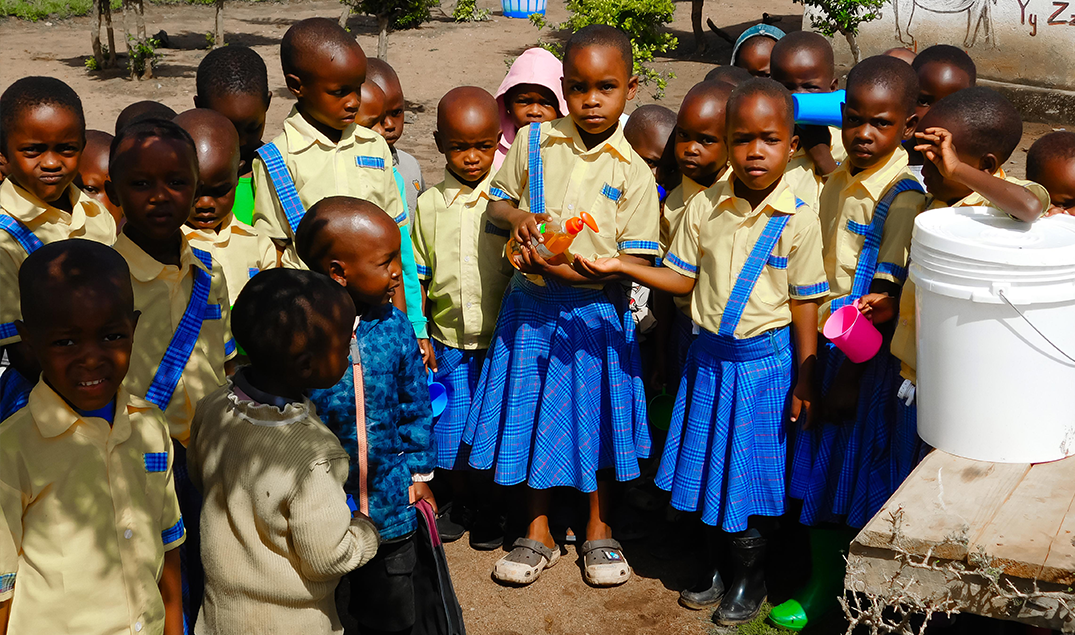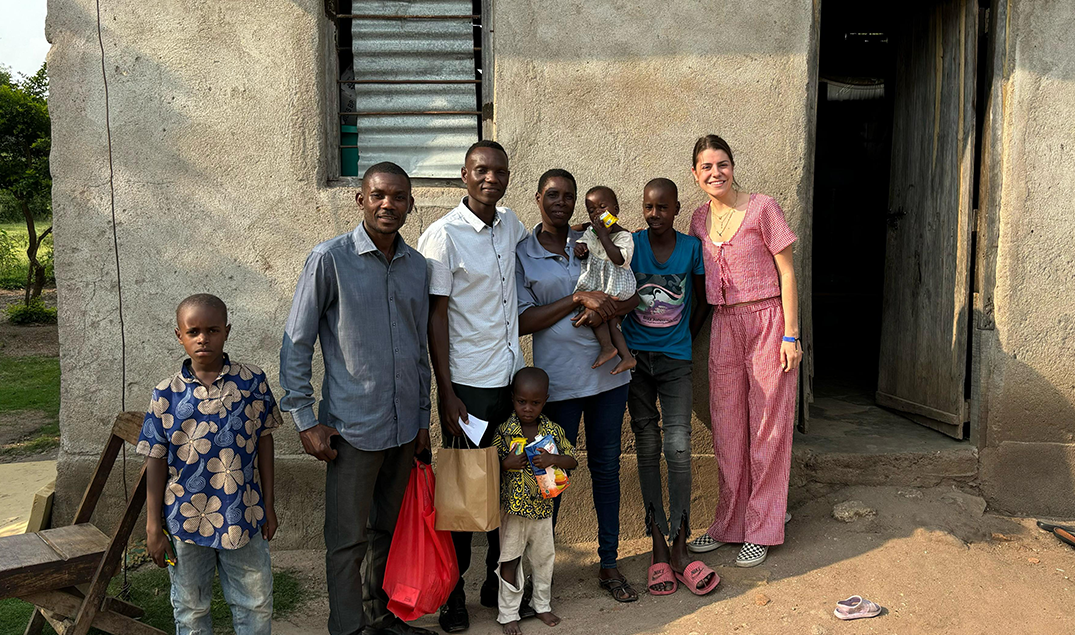
Protect environment, save nature
We plan innovative strategies that revitalize habitat integrity, restore ecological functionality and protect biodiversity. We believe that wilderness areas should be conserved for generations to come. Our conservation efforts work on an ‘ecosystem approach’ focusing on wild lands, wildlife, and sustainable development for nearby communities
Rapid population growth and urbanization puts pressure on urban services and waste management. Notably, with any population, waste generation surges as fast as human consumption. The 2004 Environmental Management Act in Tanzania was ineffective in combating environmental challenges triggered by rapid urbanization and failed to put into place solid waste management practices that promoted sanitary landfilling and waste recovery. Land, air and water pollution are a major problem in urbanized areas. This was caused by improper treatment and disposal of solid and liquid waste, which proved highly detrimental to the existing ecosystems and human health.
Tanzania was also faced with poor segregation of market actors, Totorani Serengeti Organization coordinate and implement a proper solid waste management system, which can help all lodges and camps in Serengeti national park take out all trash in one place where can be recycled and keep the park clean.
Many private sector players lacked access to adequate recycling knowledge and waste processing technology. This limited their income-generating options, as they often worked in an unsupported and non-systematic manner, collecting and recycling only mainstream plastic types, like polyethylene terephthalate (PET). Other recyclables such as fibre plastics, glass, paper and organic waste remained unexploited at the collection points or at the dump sites, indicating untapped potential.




